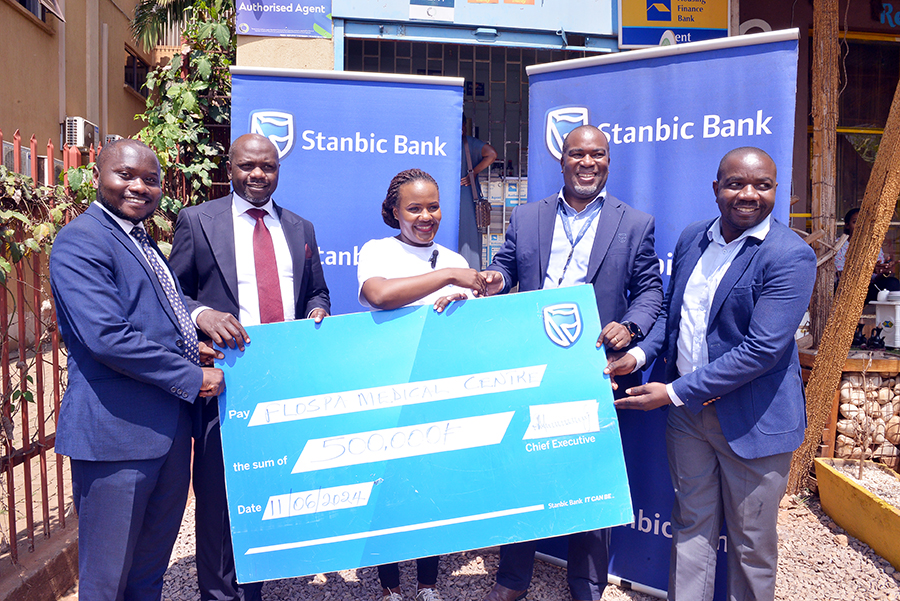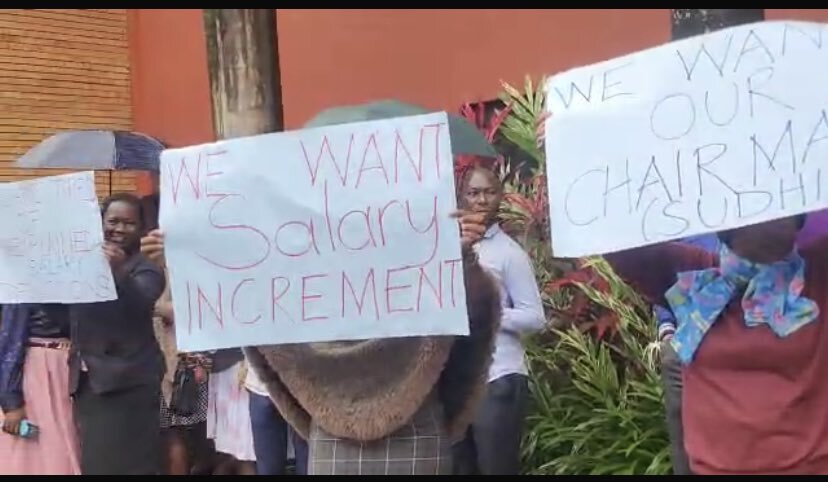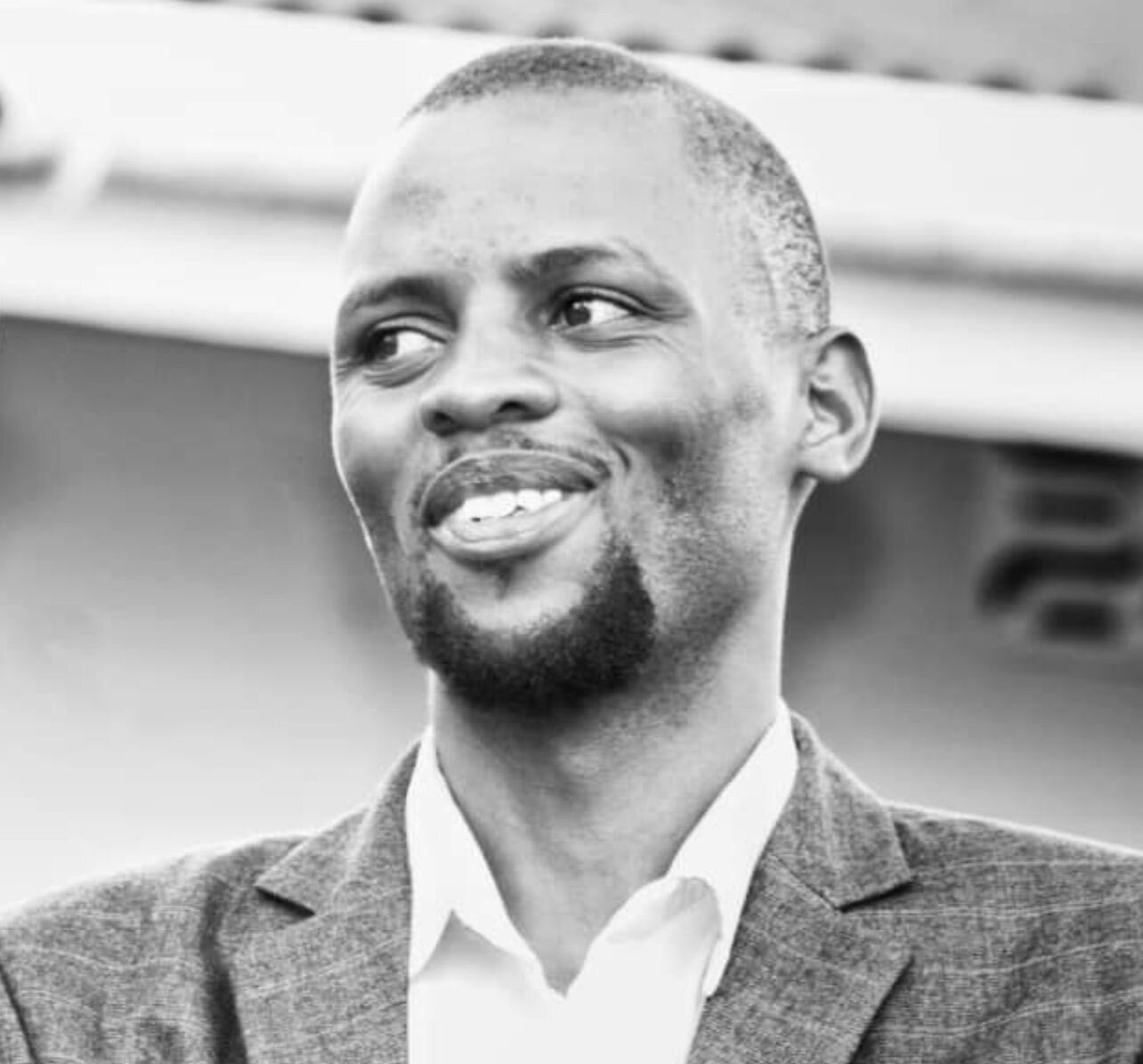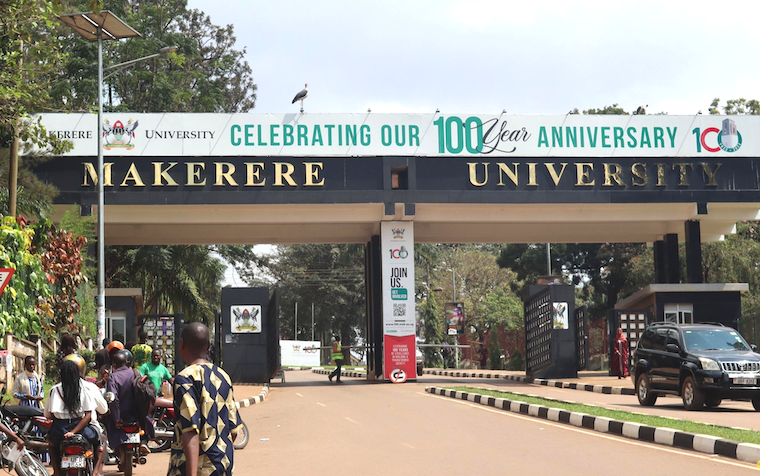Kenyan athlete Kelvin Kiptum was on the cusp of greatness before his life was cut short in a road accident.
The 24-year-old, who six years ago was unable to afford a pair of shoes to run in his first major competitive race, had recently been talked about as one of the best marathon runners the world had ever seen.
Given that before 2022 he had never even run the full distance, his rapid ascent to the peak of the sport left many breathless.
The softly spoken, hard-working and fearless runner appeared to shy away from his new-found fame after he had taken the world record from compatriot Eliud Kipchoge in Chicago last October.
“Taken” is perhaps too polite a word. The father-of-two ripped the record from Kipchoge’s hands, bettering his world-beating time by more than half a minute, completing the 42.2km (26.2 miles) in two hours and 35 seconds.
His swift rise to fame and the feeling of so much potential lost – marathon runners tend to improve as they get older – has left many in Kenya in shock.
Kiptum, himself, said after his triumph in Chicago that his career was just “getting started”.
And he was targeting a sub-two-hour time at April’s Rotterdam Marathon – a benchmark, never achieved in an open race, that would have cemented a place in the history books.
“That might look ambitious, but I’m not afraid of setting these kinds of goals. There is no limit to human energy,” he said last November, referencing the “no human is limited” philosophy of Kipchoge.
This was not bragging.
He was a “very humble guy, down to earth, doesn’t talk much, but when he runs, he runs like a machine”, former athlete Wesley Korir, who was with Kiptum in Chicago when he broke the world record, told the BBC’s Focus on Africa programme.
Kiptum was born and raised in a village 37km from Eldoret town in the Rift Valley region.
It is an area that has produced some of the world’s greatest long-distance runners. But there is nothing inevitable about success, which requires a level of grit and dedication that few can imagine.
Kiptum grew up on a farm, where he helped take care of his family’s cattle but knew from an early age that he wanted to be an athlete.
His interest in running came from watching his cousin, a runner who often worked as a pacemaker for Ethiopian great Haile Gebrselassie.
His father, however, was not so thrilled with this choice of career.
“He wanted me to study to pursue my diploma to be an electrician but I was saying that I needed to be an athlete – I had that passion,” Kiptum recalled in an interview with the BBC last year.
“That period was very hard for me because I trained for four years, yet there were no successes and they were disappointed in me. But I kept on pushing.”
Eventually his father came around, even occasionally helping him get to early morning training on time.
After Kiptum’s record-breaking performance, his father effusively praised him as an “obedient son who has stayed true to his upbringing”.
But there was one other person who was crucial to his achievements – his Rwandan coach Gervais Hakizimana.
He was travelling in the car that Kiptum was driving on Sunday and was also killed when the vehicle collided with a tree.
It was Hakizimana who had convinced his trainee to move up from the half-marathon.
According to Hakizimana, Kiptum needed time to warm up to the idea of running the full 42.2km, which he initially thought might be too tough.
“He had some fear and preferred the shorter half-marathon until 2022 when he finally agreed to a marathon,” Hakizimana said last year.
The relationship as coach and athlete began in 2018 but the pair first met when the world record holder was much younger – back in the village.
“I knew him when he was a little boy, herding livestock barefooted,” Hakizimana recalled. “It was in 2009, I was training near his father’s farm, he’d come kicking at my heels and I would chase him away.
“Now, I am grateful to him for his achievement.”
Kiptum’s performance in that first full marathon in Valencia in 2022 forced people to take notice.
He clocked 2:01:53 – the fourth fastest time ever at that point and the fastest debut marathon in history.
What became his signature style of running – staying with the leading pack before stepping up the pace at around 30km – was already in evidence.
“The level of fearlessness that Kiptum portrays in his race is what is needed to rise to the top,” said athletics commentator Martin Keino.
“He is almost holding back in the first half of the marathon and then attacks the second half like nobody ever has – that kind of racing is very rare to see.”
He then set a course record of 2:01:25 at the London Marathon in April 2023 before breaking the world record in Chicago six months later.
“I feel so happy. A world record was not in my mind today,” he said at the time.
He was dreaming about running under two hours, which would, without doubt, have cemented his reputation for ever.
As Kipchoge wrote, Kiptum “had a whole life ahead of him to achieve incredible greatness”.
He was his parents’ only child. He leaves behind the parents, his widow, Asenath Rotich, and two children.






